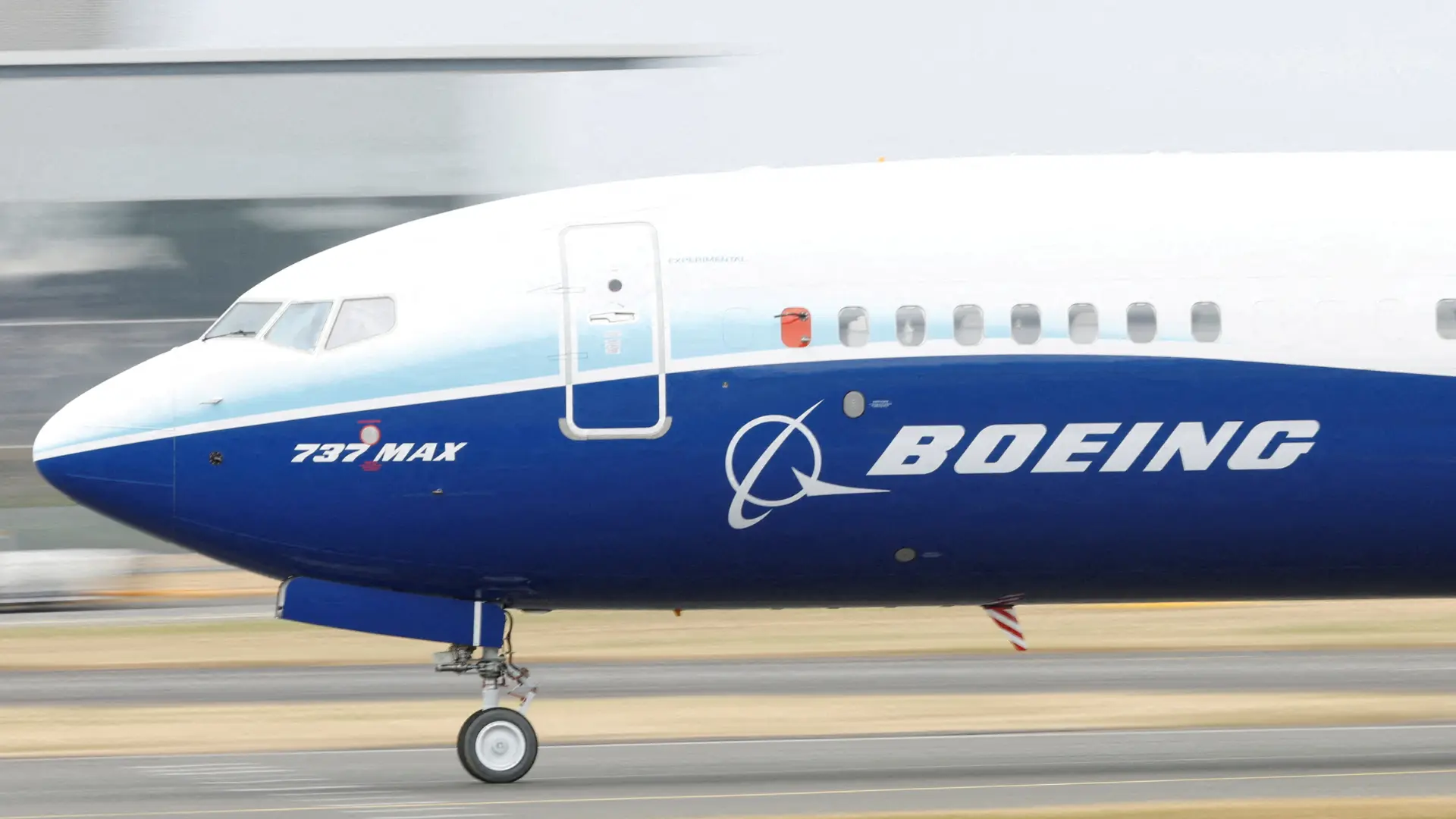Boeing has reached a tentative agreement to end a five-week strike that affected approximately 33,000 of its workers, the International Association of Machinists (IAM) announced early Saturday. This deal marks a crucial step for Boeing as it aims to recover from ongoing financial struggles and restore its operations.
Details of the Tentative Agreement
While the deal still requires ratification by the union members, a vote is scheduled for Wednesday. The proposed contract includes a significant wage increase of 35% over the next four years. Additionally, the agreement promises enhanced contributions to workers’ 401(k) plans, though it does not reinstate the traditional pension plan that was eliminated a decade ago an issue that has been a point of contention for many union members.
Previous Negotiations and Rejections
This new offer comes after a previous agreement was overwhelmingly rejected by the rank-and-file members, leading to the first strike at Boeing in 16 years. The IAM had initially endorsed the earlier deal, which proposed a 25% wage increase and a $3,000 signing bonus, but 95% of the members voted against it.
MUST READ: Canadian Police Says, ‘No Imminent Threat’ To Public From Alleged Indian Criminal Network
Boeing’s latest offer includes a $7,000 signing bonus, reflecting the company’s attempts to address member dissatisfaction and improve labor relations. The ongoing strike has already cost the company an estimated $1 billion a month and halted the production of most commercial jets.
Broader Implications for Boeing
Boeing is facing significant challenges beyond the strike. The company has reported losses exceeding $33 billion since two fatal crashes of its 737 Max aircraft in 2018 and 2019, which led to a lengthy grounding of the model. As it continues to navigate these issues, the new CEO, Kelly Ortberg, aims to reset the relationship between Boeing and its workforce.
The company has also announced plans to reduce its global workforce by approximately 10%, translating to about 17,000 jobs. This decision underscores the severity of Boeing’s financial situation and the need for a sustainable path forward.
The Role of Government Negotiators
Acting Labor Secretary Julie Su played a crucial role in brokering the new deal, following her recent success in negotiating an end to a strike involving the International Longshoremen’s Association. Her involvement highlights the federal government’s commitment to stabilizing labor relations in critical industries.
Industry Impact and Future Outlook
Boeing is not just vital to its workers; it is a cornerstone of the U.S. economy, contributing an estimated $79 billion annually and supporting 1.6 million jobs nationwide. As the only U.S. manufacturer of full-size jets, Boeing’s operational recovery is essential for both the aviation sector and the economy as a whole.
Despite its financial woes, Boeing is positioned uniquely within the global market alongside its European rival, Airbus. This duopoly ensures that, while facing significant hurdles, Boeing is unlikely to exit the industry altogether.
As the union prepares for the upcoming vote, both Boeing and its employees are hopeful that this new agreement will foster a more positive relationship moving forward and help stabilize the company in a challenging economic landscape.
The tentative deal marks a pivotal moment for Boeing and its workforce, emphasizing the importance of cooperation and dialogue in addressing labor disputes. The outcome of the upcoming vote will be critical not only for the company’s immediate future but also for its long-term recovery and growth in the competitive aviation market.
ALSO READ: ‘We Were Fed Meat of Babies’: Yazidi Survivor Reveals Horrors of ISIS Captivity



















